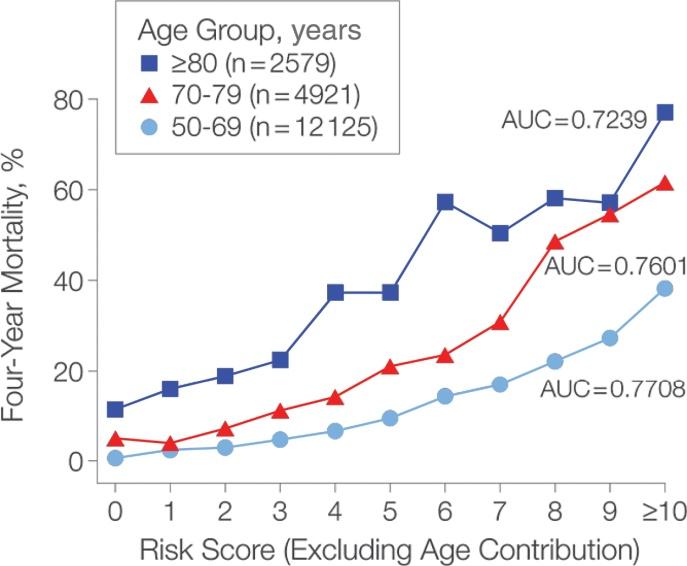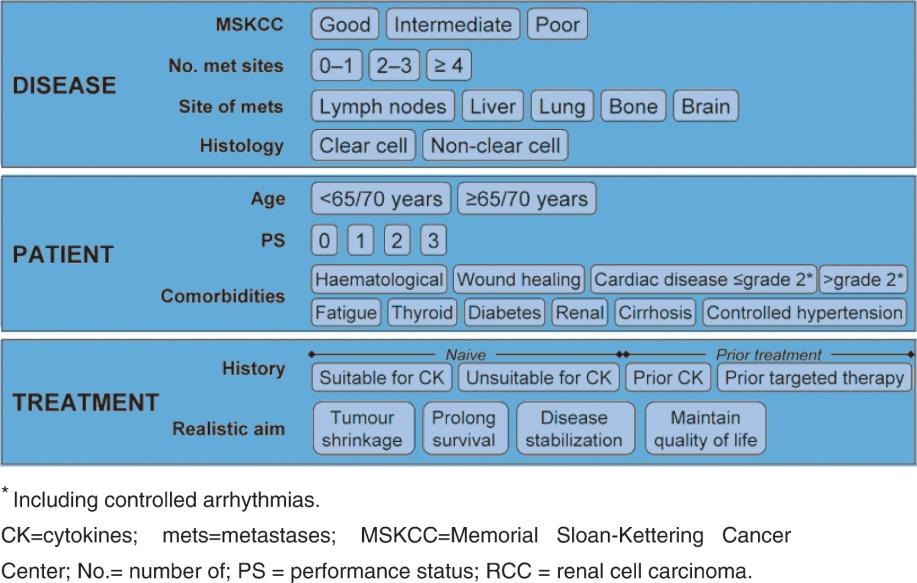
1 minute read
Care
age of 65 years. Accurate diagnosis leading to further appropriate tests aiming at the best-designed treatment is the single way to maintain or improve the quality of the remaining time to live.
"Professional geriatric evaluation, together with scientific assessment of cancer cells by the pathologist and precise medical oncological clinical staging, is mandatory.”
Advertisement
Too many different drugs are prescribed to senior adults because of their comorbidities. The risk of interactions and detrimental side effects that can occur during the management of cancers and other diseases are well known. Poor outcomes have been reported, including fatal events caused by standard drugs. In addition, unlicensed substances, sometimes of a very poor quality, are used by as much as 50% of cancer patients. Optimal care should therefore encompass the traditional aspect of “bona fama” and complementary medicines.
“Four fundamental ethical principles must govern medical action with the aim of finding a valid balance between each of them, which are the following (Figure 2).”
Figure 2. The balance to be found between the four fundamental ethic principles.
• Autonomy means the capacity to decide what is good or not good for oneself; senior adults should fully understand the problem before giving consent to further tests or therapeutic measures. • Justice (equity) is the capacity for a group to distribute wealth on an equal basis and above all for the most in need; senior adults should benefit from the resources generated within a community to maintain and/or improve health conditions.




